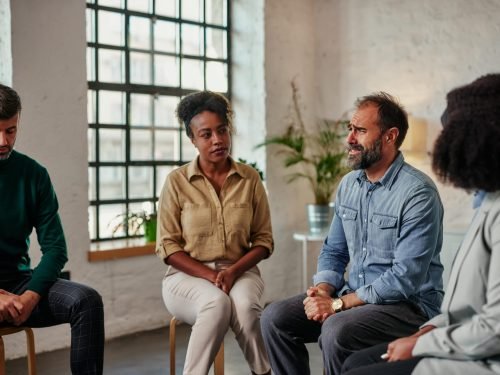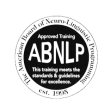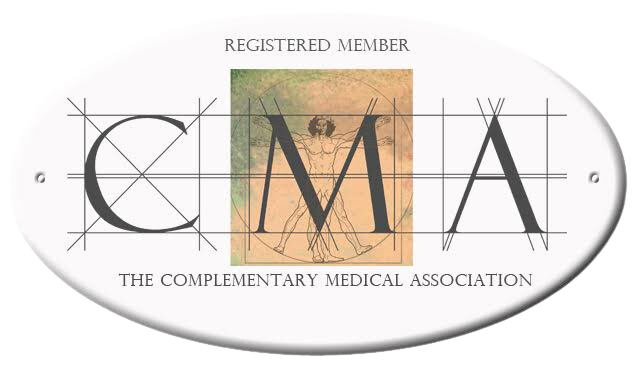
Incorporating couples therapy exercises at home can significantly strengthen your relationship by improving communication, fostering intimacy, and resolving conflicts. These exercises are designed to help couples deepen their connection and navigate challenges together. By dedicating time to these activities, couples can build a healthier and more resilient partnership.
Introduction
Every relationship requires nurturing and attention to thrive. While professional therapy sessions can be incredibly beneficial, there are also practical exercises couples can engage in at home to support their relationship. These exercises provide opportunities for couples to connect, communicate, and grow together.
Understanding the Importance of Couples Therapy Exercises
Couples therapy exercises are activities designed to enhance various aspects of a relationship, including communication, trust, intimacy, and conflict resolution. By practicing these exercises regularly, couples can develop stronger bonds and improve their overall relationship satisfaction.
Key Benefits of Couples Therapy Exercises
- Improved Communication: Couples learn to express themselves more effectively and understand each other better.
- Enhanced Emotional Connection: Exercises foster emotional intimacy and closeness between partners.
- Conflict Resolution Skills: Couples develop healthier ways to address and resolve conflicts.
- Increased Trust and Empathy: Exercises build trust and empathy, creating a more supportive relationship dynamic.
Practical Exercises for Couples Therapy at Home
Active Listening Exercise
Purpose: Enhance communication and understanding.
Instructions:
- Set aside 10-15 minutes for this exercise.
- One partner speaks while the other listens without interrupting.
- The listener then paraphrases what they heard, ensuring they understood correctly.
- Switch roles and repeat.
Benefits: This exercise promotes active listening and ensures that both partners feel heard and understood. It helps clarify misunderstandings and fosters empathy (PositivePsychology.com) (Verywell Mind).
Gratitude Journals
Purpose: Foster appreciation and positivity.
Instructions:
- Each partner writes down three things they are grateful for about their partner every day.
- Share entries with each other at the end of the week.
Benefits: Focusing on positive aspects of the relationship can increase feelings of appreciation and affection, helping to strengthen emotional bonds (PositivePsychology.com).
Love Languages Exercise
Purpose: Discover and understand each other’s love languages.
Instructions:
- Each partner takes the Love Languages Quiz to identify their primary love language (words of affirmation, acts of service, receiving gifts, quality time, physical touch).
- Discuss the results and explore ways to express love in each other’s preferred language.
Benefits: Understanding and speaking each other’s love language enhances intimacy and ensures that both partners feel loved and valued (PositivePsychology.com) (One Breath Institute).
Weekly Check-In
Purpose: Maintain open communication and address issues proactively.
Instructions:
- Schedule a weekly check-in session to discuss the following:
- What went well in the relationship this week?
- Are there any issues or concerns that need to be addressed?
- What are the goals for the coming week as a couple?
Benefits: Regular check-ins help couples stay connected and address potential issues before they escalate. It fosters a proactive approach to relationship maintenance (Verywell Mind) (One Breath Institute).
Date Night Planning
Purpose: Reignite romance and enjoy quality time together.
Instructions:
- Each partner takes turns planning a date night every week.
- The focus should be on activities that both partners enjoy and that allow for connection and fun.
Benefits: Regular date nights strengthen the romantic bond and provide opportunities for couples to relax and enjoy each other’s company (PositivePsychology.com).
Conflict Resolution Exercise
Purpose: Develop healthy conflict resolution skills.
Instructions:
- Identify a recent conflict and discuss it using the following steps:
- Describe the issue without assigning blame.
- Each partner shares their perspective and feelings.
- Brainstorm possible solutions together.
- Agree on a solution and plan to implement it.
Benefits: This exercise helps couples address conflicts constructively, reducing tension and fostering a collaborative approach to problem-solving (PositivePsychology.com) (One Breath Institute).
Future Goals and Dreams Discussion
Purpose: Align on future aspirations and strengthen the partnership.
Instructions:
- Set aside time to discuss individual and shared goals and dreams.
- Explore how you can support each other in achieving these goals.
Benefits: Discussing future goals and dreams helps couples align their visions for the future and strengthens their commitment to supporting each other’s aspirations (Verywell Mind).
FAQs
What are couples therapy exercises, and how do they work?
Couples therapy exercises are activities designed to improve communication, intimacy, and conflict resolution in relationships. They work by providing structured opportunities for couples to connect, communicate, and grow together.
How often should we do couples therapy exercises at home?
The frequency of exercises depends on your specific relationship needs and goals. However, incorporating these exercises into your routine weekly or bi-weekly can be beneficial for maintaining a healthy and connected relationship.
Can couples therapy exercises improve communication?
Yes, couples therapy exercises are designed to enhance communication skills by encouraging active listening, empathy, and open dialogue. Regular practice can lead to more effective communication and a deeper understanding between partners.
What if my partner is reluctant to do therapy exercises?
It’s important to approach the topic with understanding and empathy. Discuss the potential benefits of the exercises and how they can enhance your relationship. Start with simple exercises that require minimal time commitment to ease into the process.
Are couples therapy exercises suitable for all relationships?
Couples therapy exercises can be beneficial for most relationships, whether you’re looking to strengthen an already strong partnership or address specific challenges. However, in cases of severe relationship issues or abuse, seeking professional therapy is recommended.
How can couples therapy exercises improve intimacy?
By encouraging open communication, emotional vulnerability, and quality time together, couples therapy exercises foster intimacy and deepen the emotional connection between partners.
Conclusion
Incorporating practical exercises for couples therapy at home can significantly enhance your relationship by improving communication, fostering intimacy, and resolving conflicts. By dedicating time to these activities, couples can strengthen their bond, increase trust and empathy, and build a healthier and more resilient partnership. Whether you’re looking to deepen your connection or address specific challenges, these exercises provide valuable tools for relationship growth and improvement.








